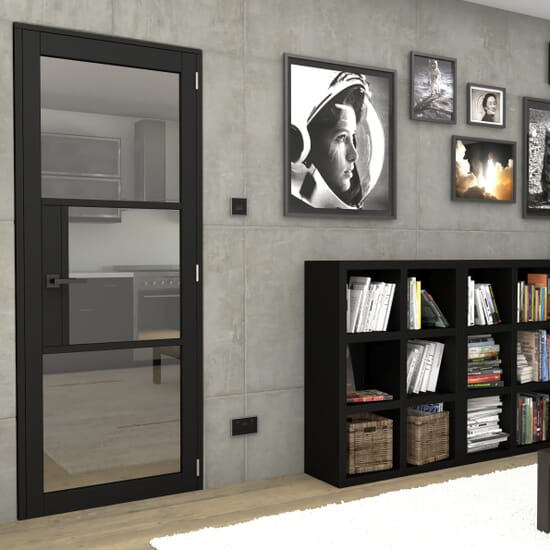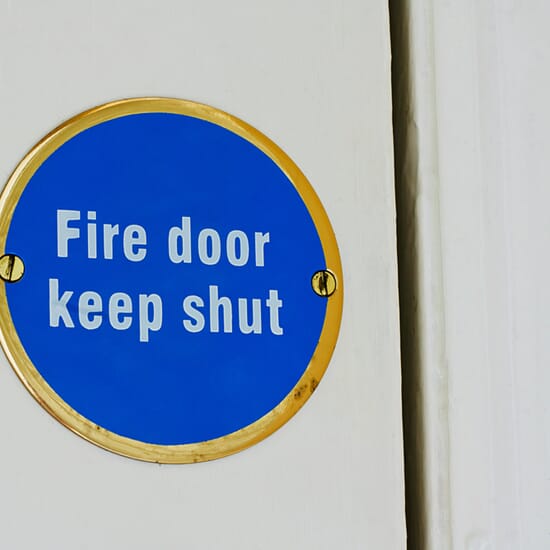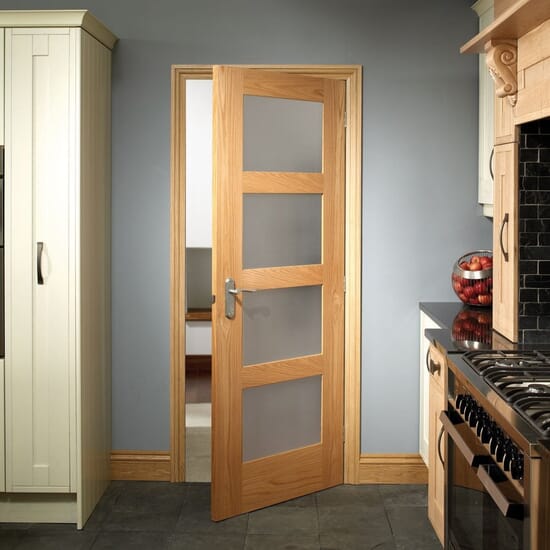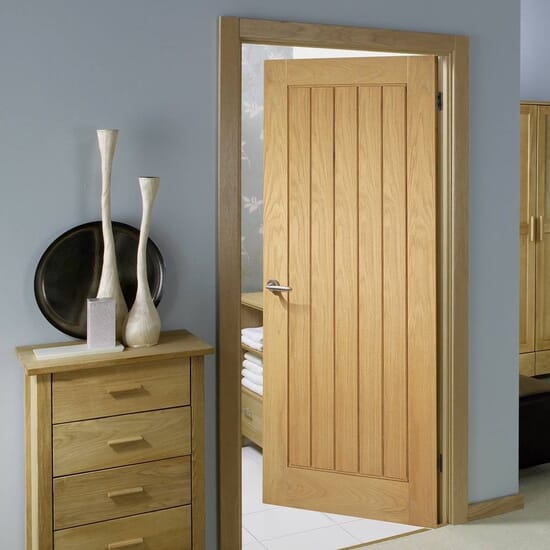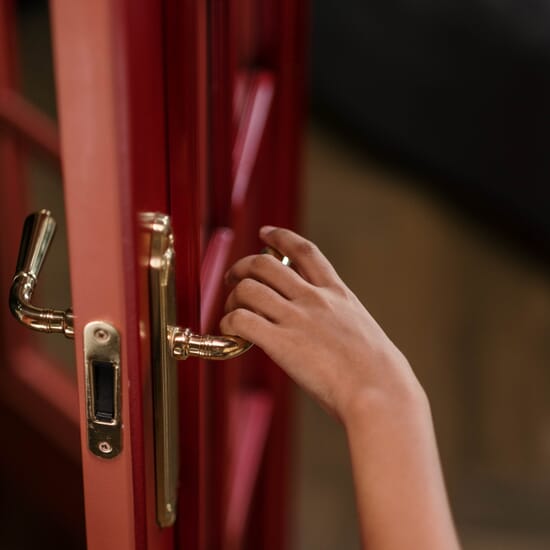What is uValue?
The uValue of a material simply refers to how effective it is as an insulator, with the lower uValue being the more desirable. As such, when you're shopping for your external bifold doors, it's one of the most important factors you're going to want to take into account. The thermal performance of any material, with bifold doors being no different, is measured in terms of heat loss.
The uValue is also known as thermal transmittance, and specifically marks the rate of transfer of heat through a given structure. Of course, any uValue you're given for a bifold door by a manufacturer will only be an estimate of the patio door itself, and won't be able to take into account the quality of the workmanship behind the installation, which can significantly affect the value. If it's fitted poorly, for example, with gaps and cold bridges exposed, then the uValue might end up being significantly higher than advertised.
Calculating & Measuring uValue
The uValue of a door (measured in W/m2) is basically calculated by finding the average sum of the thermal resistances of the various materials the door is constructed from. There are a number of more specific and reasonably complex calculations that go into calculating the value, of course, but in a nutshell, it's done by compiling the building materials, noting their conductivity (kValue) and thickness, then dividing their thickness by their conductivity.
When these are added up and then the number 1 is divided by this number, you'll get your uValue. Of course, this is largely theoretical most of the time, but it will at least give you a rough guideline to work from. Note that, by law, all bifold doors must have a U-value of at least 1.8W/m2, with the U-value accounting for the glass and framework combined.

Energy efficient doors: Which material is best for external bifold doors?
The eco-friendliness of your bifold doors will depend primarily on three factors; their build quality, the quality of the installation and the materials the doors are constructed from. Whilst there is little you can control concerning the first two (unless you want to install external bifold doors yourself, which isn't actually as difficult as it sounds), the material is certainly something you're going to want to consider, not only for aesthetic value, but for uValue too! Remember that the materials will not only have a huge impact on your uValue, but also on the upfront cost of your doors.
Aluminium
Traditionally aluminium doors were seen as poor choices when it comes to eco-friendliness because metal is highly conductive and will help heat escape out of your home. However, the vast majority of modern aluminium bifold doors now have ansulating thermal break made from a less conductive material, which will sit between the inner and outer frames so their efficiency is vastly improved.
Prospective buyers can also seek comfort in that aluminium itself is often made from recycled metals and the doors themselves can often be recycled – making them a great environmentally friendly choice, both from a manfacturing and energy efficiency perspective.
Wood
While the source of wood isn’t that eco-friendly, it is an efficient insulator and with it comes a low uValue, which is great for the environment. The most common woods used in bifold door construction are timber and pine, but solid oak bifold doors are also an option and these woods are naturally less thermally conductive than either aluminium or UPVC.
UPVC
UPVC doors are often the cheapest option and require less maintenance. Whilst they are certainly the easiest material to clean however, most UPVC doors don’t have the same sort of lifespan when compared to wood and or aluminium. Over time, exposure to varying weather conditions may change the shape of the frame, affecting how they open and close and they may need replacing sooner. That being said, UPVC bifold doors can still last a considerable period of time and some are better quality than others, providing better thermal efficiency and overall lifespan.
UPVC is the least environmentally friendly overall as the material itself is man-made and plastic based, although some manufacturers have begun to use recycled plastics.
Glazing
Of course, your bifold doors are generally going to be more window than frame, so the glazing is arguably even more important as a building material when it comes to your uValue. Double glazing is the most common and affordable option here, and the thermal efficiency of double glazed windows is generally excellent, with the space between the panes acting as an extra layer of insulation. They also look great and minimise noise.
You'll want to consider the thickness of your glass, as well as the amount of space between the panes, which will range between 6mm and 20mm. A minimum space of 12mm is recommended for optimum thermal performance. Very large gaps wills, however allow convection to occur between the panes, reducing insulation, so 20mm is probably the maximum space you'll want to consider. If double glazing simply isn't enough for you, then you can further increase the thermal efficiency with triple glazing and high performance coatings.
Triple glazed bi fold doors will have an average uValue of around 0.8, whereas double glazed doors will sit between 1.2 and 1.4. As such, triple glazing is used extensively in countries with colder climates. Ultimately, the choice is yours. Double glazing is great, but triple glazing if even better. It all depends on how much you're willing to spend.
You can view our full range of external bifold doors and now you know what to look out for to make the most eco-friendly choice possible! If you want to double-check any details or have any queries, get in touch with our experienced team who are always happy to help.
In Summary
Whether you're doing it to save money, because you genuinely care about the environment and want to do your part, or both, there are few, if any drawbacks to considering the eco-friendliness of your bifold doors. So, when you're shopping around, don't forget to look for the uValue and don't be afraid to make enquiries regarding how to decrease that value. Your home, your wallet and your planet will thank you for your due diligence!
You might want to consider other factors however when deciding which bifold doors to choose. We recommend you also take into account the cost, quality, security and style of the doors. We also have some great ranges of external oak doors and external French doors if you want to shop around and check out your options. If you're a fan of the bifold style, we also have internal bifold doors for your consideration.

